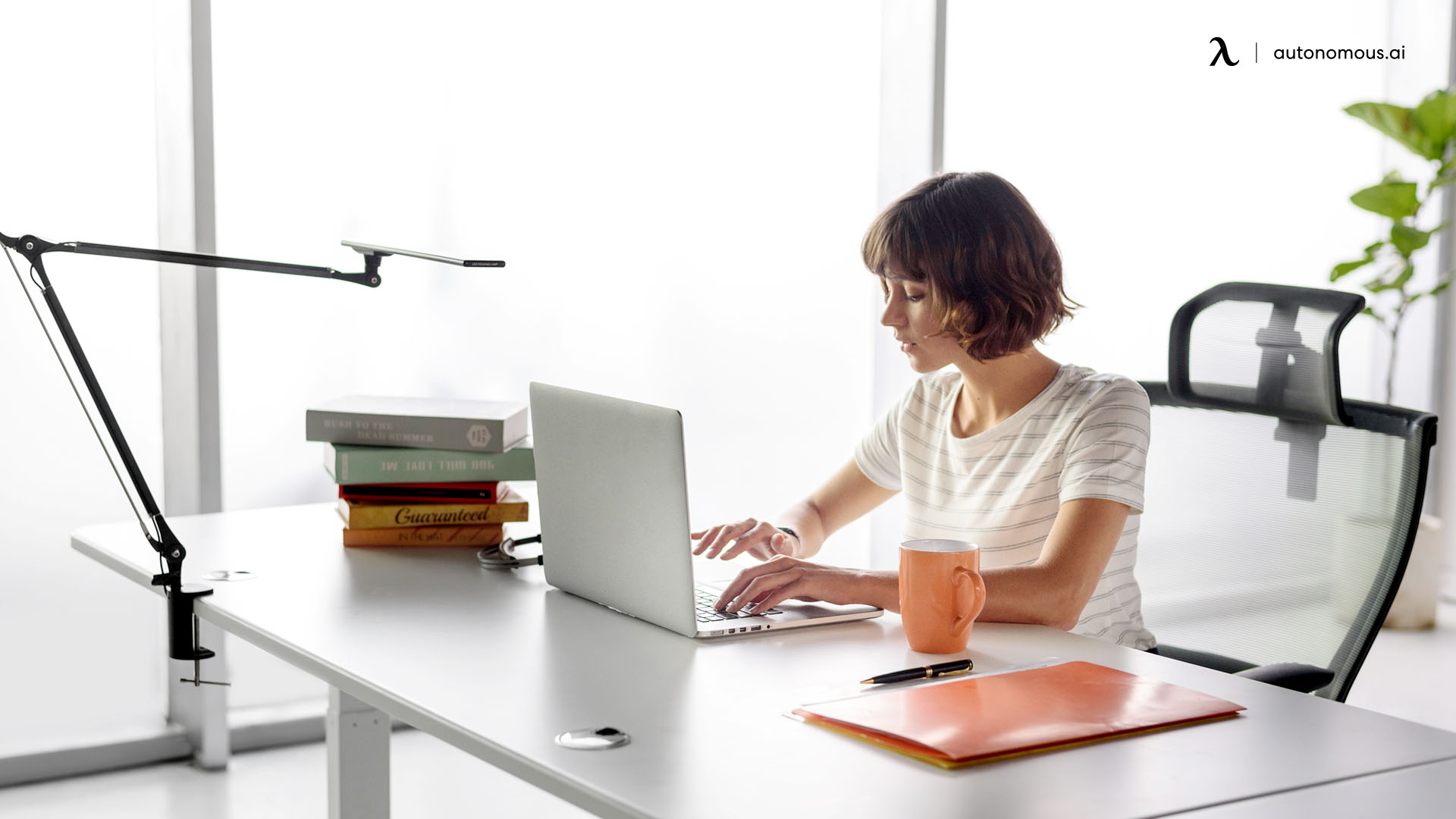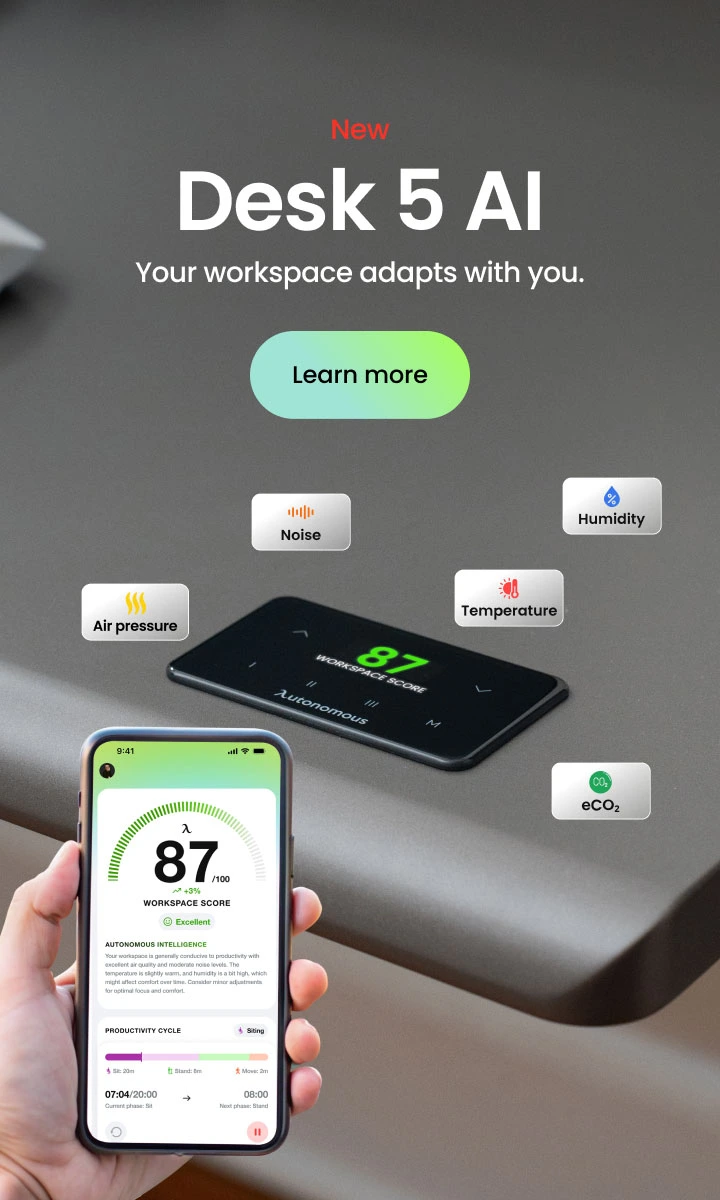
Workplace Etiquette: 16 Dos and Don’ts for Office Workers
Table of Contents
Work etiquette, or business etiquette, is the standard that manages social behavior expectations in the workplace that every worker should try to follow. There isn’t an agreement on standardized workplace etiquette rules, as it all depends on the office environment and personality. However, that doesn’t mean there aren’t work etiquette rules or guidelines that tend to apply to almost every workplace or business.
It all revolves around your conduct amongst your coworkers, customers, or business partners. In general, treating everyone with respect, being aware of their presence, and being polite already takes you a long way in complying with most guidelines.
Having good etiquette makes you work more productively, improve your self esteem and it also makes it more enjoyable for your colleagues. When you see someone interrupt you or your coworkers while talking, take someone else’s food from the fridge in the breakroom, or frequently arrive late for a meeting, you might begin to ponder how he could be so unaware of his behavior. These are just some of the things you should avoid doing as it disrupts your workplace.
If you want to promote an excellent professional work environment amongst your peers, you should follow the etiquette rules and avoid glaring mistakes whenever you can. It’s essential to succeed in your professional life, even during these times when working from home isn’t unusual. Here are some useful workplace dos and don’ts that work for people with plenty of experience and for those who’ve just started their professional careers.
The Workplace Dos
You can do many things to improve your work etiquette, and doing so has many benefits to your professional career. The first step would be to consider other people’s needs and feelings first, as being aware of them can improve your manners and courtesy. Here are some workplace dos that serve as workplace etiquette guidelines to help you succeed in your career:
Respect Your Coworkers
It’s important to respect every colleague, even when they don’t always reciprocate the feeling. Acknowledging other people’s political opinions, religious views, and other things is an essential workplace etiquette tip to better the workplace environment. You may disagree with them, but respecting their opinion is vital.
As you share the workspace with other people, engaging them in conversations is inevitable. Converse without interrupting each other, carefully taking your turns to deliver your thoughts and ideas. Even if you’re temporarily working from home, it doesn’t mean you should neglect these relationships. There are many ways to build a good team culture while working remotely.
Arrive Early
It’s one of the most common office etiquette tips for new workers, but some people don’t take it to heart. Ideally, you should be in your office before your boss arrives and after he leaves, but doing so isn’t always possible. Your coworkers may think of you in a better light if they consistently see you show up to work 10 to 20 minutes earlier than everybody else. They would also think otherwise if you frequently arrive late.
Maintain Your Work Etiquette During Virtual Meetings
These meetings are now a part of many people’s daily routines, and they’re considerably different from your regular face-to-face meetings. There are a couple of things you can do to ensure that you behave correctly during them.
Getting appropriately dressed and fixing your hair before starting is a good productivity tip to begin your remote workday. Speak when other people address you, and mute your microphone to avoid distracting noises for the remainder of the time. Having smart office furniture could also help you work more efficiently, and it would look great In your camera’s background. Reducing digital distractions is another way to boost your productivity, as checking your phone and other social media can rob you of precious time.
Be Willing to Help Out Your Coworkers
As long as helping out doesn’t hinder your activities, you should generally agree to help when a coworker asks for your assistance in a project or task. Otherwise, it’s best to politely decline if you feel that you may miss a deadline or think that you aren’t able to help them appropriately.
Aiding your coworkers with their tasks is excellent workplace etiquette that gives you a perfect opportunity to connect with them and show your experience. It also lets you have someone who may help you back in the near future.
Wear Appropriate Clothes
The clothes you wear mostly depend on your office environment, but it always plays a vital part in your professional success. An adequate image has exceptional value and is a big part of workplace meeting etiquette, especially when starting in a company. Having a virtual meeting also requires you to have formal clothes. It even proves more valid in corporate workplaces where the dress code is more strict. If the company doesn’t have a formal dress code, you should still wear appropriate clothes with a clean, orderly feeling to give a good impression among your colleagues.
Bring in Treats and Goodies
Meeting colleagues during lunch break is a good way to get to know them better. Bringing goodies and other treats can be a nice gesture on your part towards them. It’s considered good workplace etiquette, especially during stressful periods or when you’re celebrating a project’s conclusion. Regardless, try not to show favoritism. Bringing treats that everybody can enjoy immensely amplifies the meaningfulness of the act.
Measure Your Speech
The workplace can be stressful, with every coworker having different goals and personalities to go along. It’s inevitable for a confrontation to happen when everyone works towards the common company goal using varying work methods.
The conflict can be between you and a coworker or between themselves, but the best way to avert it is by thinking before you speak. You can easily maintain an excellent productive workplace when you keep a level head. Some useful office etiquette tips are not to take anything too personally, apologize when you need to, and respect your coworker’s perspectives.
Be Flexible
There are many situations where your work may require you to do something you’re not used to doing. Some days your boss or supervisor may ask you to begin your work earlier or finish later than usual, and other days you might have to do a task or a duty that falls outside your work expertise.
Occasionally, you may have to work during a holiday to cover a coworker’s shift or to crunch a project toward its completion. Learning to roll with these punches when you must is a great workplace etiquette guideline that lets your company know how serious you are when performing your role.

The Workplace Don’ts
It’s easy to make mistakes in your professional career, but the important part is learning from them. Occasionally, you might receive guidance from coworkers or guides when the mistakes you make are small. They gently correct you, and you get it right next time.
Some mistakes can have more significant consequences or effects that aren’t so quickly let go. These may have harsher impacts on the relationships between yourself and your coworkers, and it could even endanger business relationships if done repeatedly. For some individuals, correct work etiquette doesn’t come as naturally as it should, so here are some of the don’ts you should avoid as much as you can:
Make Social Calls Throughout the Day
Socializing is an integral part of improving your relationships and improving collaboration with your coworkers and business partners, but doing things in excess is always wrong. There is a correct time to talk with your colleagues about their life happenings. Stopping by every office that’s in the way of your own to ask them about their day isn’t adequate.
While your coworkers might engage you and respond to your questions because they have good work etiquette, they might not appreciate the fact that you’re taking their valuable time. Some might begin to think less of you if they assume you like to spend more time chatting throughout the day than working.
Bring Your Feelings to the Office
It’s good to have a policy of leaving your emotions back at your home when setting off to work. Most coworkers might not like it if you take their time to tell them about your tragic story that happened over the weekend. If what happened takes your mind off from work, then the best idea is to take some time to process it, talk with people close to you, and organize your emotions. It also help to boost your productivity.
Reply to Every Email
Most workplace etiquette guidelines dictate that memos or announcements don’t require a response unless they state otherwise. In exchanges between coworkers, some email conversations end naturally once all the relevant notes and items are addressed. It would be best if you didn’t take it upon yourself to be the one that has the last word in the conversation or flood the chat with one-word responses.
On the other hand, being aware of the difference between hitting “Reply” and “Reply All” avoids some possible embarrassment. It’s essential to consider whether you need to include everyone else in your reply to the initial mail. If you want to be careful, always use a polite, friendly, and professional tone in your email correspondences.
Complain
Complaining isn’t something that office workers see in a good light. The best quality you can have as a professional is to learn to work with what you have. If there are some pressing issues in your work environment, then you should follow the company policy to deal with them accordingly and get your workplace resilience.
You can likely solve some complaints by yourself, and the ones you can’t are best taken through proper means. Knowing whether you can handle it or not is crucial, and communicating the complaint in the correct tone is good work etiquette. You don’t want to sound like you’re whining, but you need to be able to get your point across.
Gossip About Coworkers
Although most gossip doesn’t have malicious intent, talking about other people in your workplace with your coworkers might make them feel that they can’t trust you. It may also lead them to believe you care more about other people’s lives than your work. The more you gossip, the more likely is the eventuality of the gossip reaching the person in question, which can be harmful to them and the office environment.
In the worst case, if you continuously engage in rumors and gossip about your coworkers, you may find yourself eventually out of the loop and being the target of them.
Arrive Slightly Late to Meetings
Everyone knows that arriving half an hour late to a presentation is a grievous workplace etiquette transgression. What you might not know is that being five minutes late can be bad too. Imagining that everyone wants to deliver their project on time, no one expects late. If you frequently arrive just a little late, your coworkers might think that you can’t properly manage your time or that you don’t care too much about theirs. Arriving a bit late can happen to everyone, but you need to make sure it doesn’t become a habit.
Be Afraid to Ask Questions
Try to ask questions even if they seem somewhat silly. It clarifies work details and can help you avoid mistakes during any work project you may have. Overconfidence isn’t a good thing to have, and even more if you don’t have anything to back it up. Ask your questions and listen carefully to the answers, but do so at the right times.
Some questions need immediate answers, but many others don’t. Waiting until later to ask your coworker or your boss all your not-so-important questions rather than interrupting them throughout the day is an excellent work etiquette to have.
Show Up Sick
When it comes to workplace etiquette guidelines, doing this one is a significant offense. It’s irresponsible to show up at work while being ill, not to mention your work efficiency plummets. You may think that showing up sick makes everyone believe you are incredibly dedicated to your job. However, the coworkers likely feel that you don’t care much about the possibility of spreading the disease, even if you know it isn’t contagious.
Staying at home, resting, and returning when you’re feeling better is the most considerate thing you can do for yourself and your coworkers.

The Bottom Line
Good workplace etiquette is important because it fosters a respectful environment in the workplace and improves communication between everybody in the office. If you remember to stay conscious of your coworker’s feelings and employ common courtesy, most of the things in this list should eventually come naturally to you. Avoid committing the usual mistakes, and if you do, learn from them.
Spread the word
.svg)







